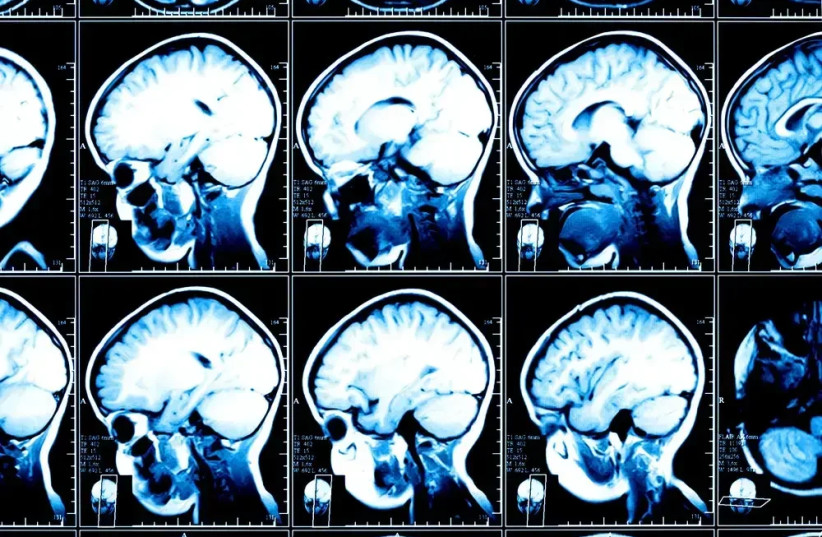Study reveals connection between gut bacteria and Alzheimer's
Gut microbiota influences behavior, health, and potentially even dementia – new research reveals its significance.
Alzheimer's disease, an incurable condition afflicting approximately 40 million people globally, poses severe challenges to healthcare professionals. As a progressive brain disorder, it leads to memory, cognitive, and behavioral impairments that worsen over time. To tackle this disease, researchers worldwide have been conducting numerous studies to identify its causes and potential treatments.
A recent groundbreaking study published in the medical journal Alzheimer's and Dementia explores a potential link between a common gut infection, caused by Helicobacter pylori bacteria, and the risk of developing Alzheimer's disease.
The study aimed to investigate whether individuals infected with Helicobacter pylori in their gastrointestinal tract were at an increased risk of Alzheimer's disease. Researchers examined the medical records of over 4 million UK residents aged 50 and above.
Of the 4,262,092 participants without dementia at the start of the follow-up period, 40,455 developed Alzheimer's disease during an average 11-year follow-up period. Notably, infection with Helicobacter pylori was associated with an 11% increased risk of developing Alzheimer's disease among individuals aged 50 and older.
The risk peaked at approximately 24% a decade after the initial stomach infection. Importantly, using salmonella infection as a control group did not reveal an increased risk of Alzheimer's disease, further confirming the study's findings.

These findings reinforce previous observational studies suggesting that various pollutants, including Helicobacter pylori, may contribute to the development of Alzheimer's disease. These pollutants can reach the brain through multiple pathways, leading to inflammation and neurological damage, ultimately causing neurodegeneration. By addressing the limitations of previous studies, such as small sample sizes and methodological issues, this current study contributes crucial insights.
Paving the way for further research on Alzheimer's
Beyond shedding light on the potential connection between Helicobacter pylori and Alzheimer's disease, the study offers a promising direction for future research and interventions. The findings suggest that Helicobacter pylori infection could be a modifiable risk factor for Alzheimer's disease. Consequently, future studies can explore the impact and cost-effectiveness of targeted interventions, such as personalized treatment plans to eradicate Helicobacter pylori infection in the gut. This newfound avenue could significantly enhance our prevention and treatment capabilities for Alzheimer's disease, instilling hope for millions worldwide.


No comments:
Post a Comment
Stick to the subject, NO religion, or Party politics